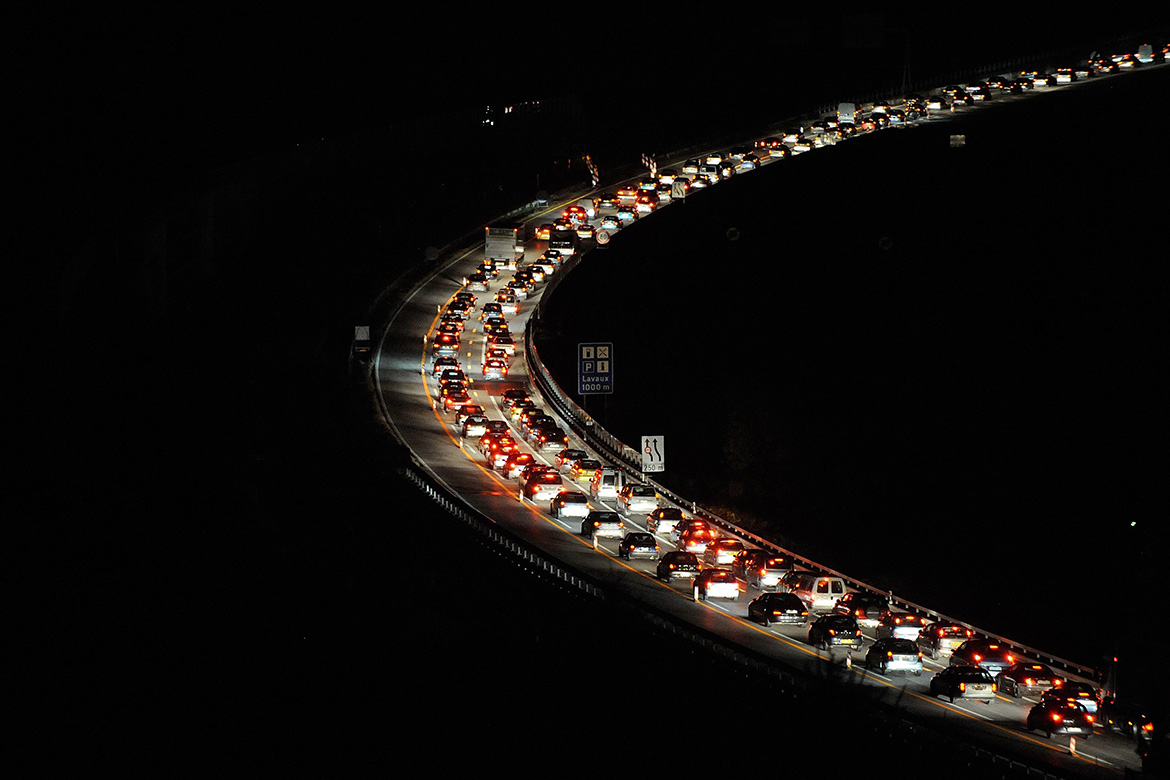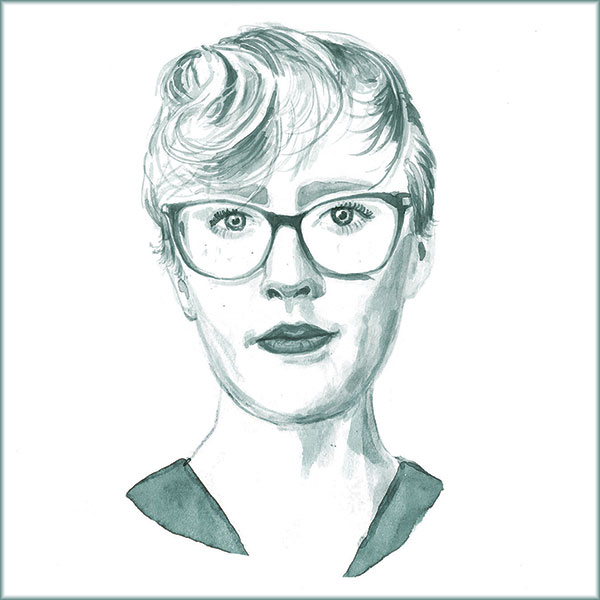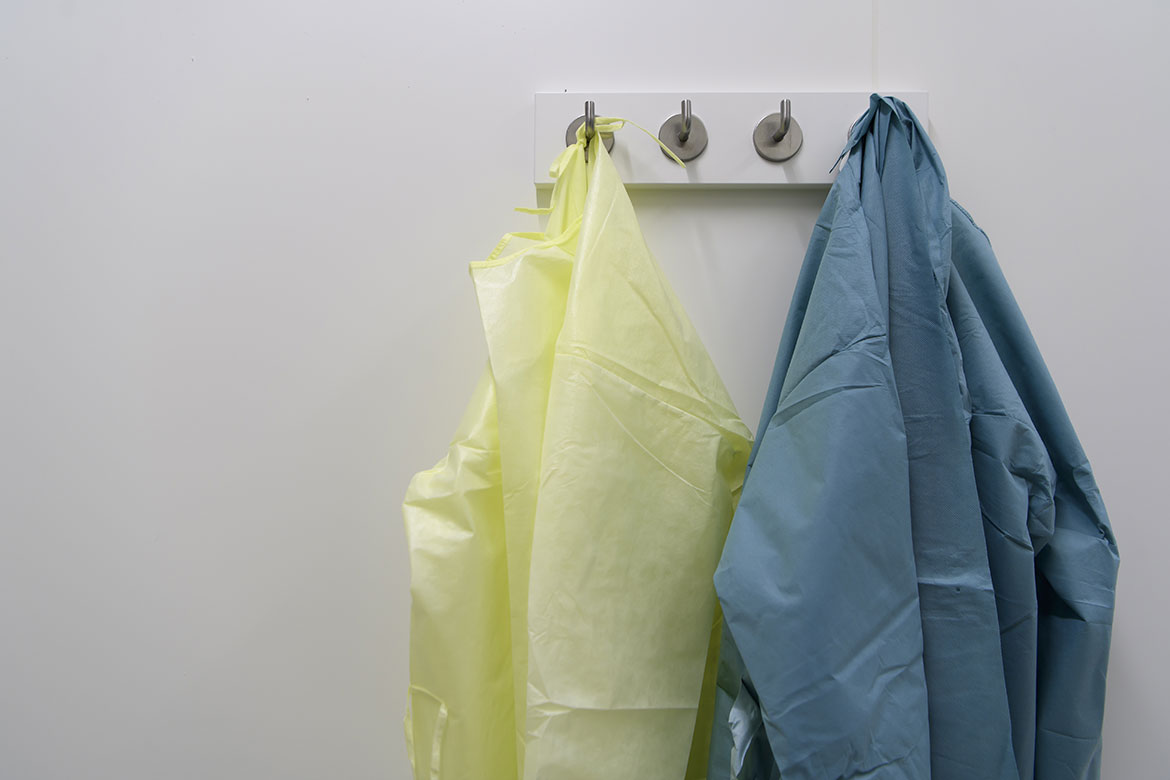Feature: Researching for peace
Working together while avoiding talk of war
The SESAME particle accelerator was inaugurated in Jordan in 2017 to “contribute to a culture of peace through international cooperation”. Two scientists share their views on this collaboration.
Modelled after CERN and supported by UNESCO, the SESAME x-ray and infrared facility was constructed in Jordan in an effort to boost research in the Middle East. Part of its mission is to promote tolerance and peace – in particular among its member states Cyprus, Egypt, Iran, Israel, Jordan, Pakistan, Palestine and Turkey.
The escalation of the conflict in the Middle East since 7 October 2023 has changed the mood. We approached nine scientists from Palestine, Iran and Egypt, but none was willing to share their views publicly. Some of them expressed discomfort at “talking about peace when bombs are falling”, while others were resigned to their situation: “In this region, politicians do not listen to scientists. They do whatever they like”.

“I’ve visited SESAME three times. My fourth trip was planned for 8 October 2023, the day after the attacks by Hamas … I cancelled, of course. In the current situation, I don’t think I could convince my students to go – even I would hesitate. I am not sure we would be completely safe. But I will go back one day, once the situation has improved.
“I like SESAME of course, it’s a nice project and a great story of regional cooperation. But in terms of peacebuilding, it’s just a drop in the ocean. It needs more staff and more beamlines – these are the stations placed around the electron accelerator ring to host crystallography and spectroscopy experiments. This would create more demand and promote more collaborations among scientists from different countries. The visitors who stay on site interact, but less so with the staff who usually live in Amman and take the bus back at four o’clock in the afternoon.
“I had nice encounters at SESAME, including with people from countries that have had political tensions with Israel. I really enjoy working with the beamline scientist employed there, who comes from Egypt. I’ve also shared a guest house with a researcher from Iran.
“But such collaborations are not at all unique to SESAME. I travel regularly to similar facilities in France, Germany and Italy, where I meet people from all over the world. I have been working with Iranians for years, in particular with colleagues in the different research groups in which I’ve participated. For me, the nationality of people I work with plays absolutely no role. We are all scientists and we speak the same language, the language of science”.

“Our research really benefits from SESAME. With the additional experiments we can do, our results are more solid and can be published in better journals. I have worked at Soleil, a similar facility in France, but getting access to it is very competitive. SESAME’s technology is not as advanced, but it is more accessible. A German scientist even told me he likes SESAME because his proposals get approved faster than at home.
“I visited SESAME twice in 2023, and have been once in 2024. I usually stay for a few days at its guest house; on one occasion, I was able to stay an extra day for some sightseeing. I met a representative from the Swedish Embassy in Jordan and was happy to see politicians interested in research.
“As a scientist, I never think about the nationality of the people I work with. Maybe some referees have a bias against some countries or religions, but this is really completely unacceptable. I have a great collaboration with a Bulgarian scientist who is at the top of her field, and the past tensions between the Turkish and Bulgarian governments are totally irrelevant to me. It’s the same with Cyprus: politicians might highlight the tensions from time to time, especially before elections, but this does not prevent Turkish scientists from working in Greece or the other way round.
“I learn a lot from collaborating with scientists from Europe and the US. I have a project with researchers from Pakistan. With them it’s more equal, and I can even end up being the one who teaches a bit more. It is good that knowledge and experience are shared. The Turkish lira has lost a lot of its value. It is now very expensive for us to travel abroad. Fortunately, our government has approved some of our applications for travel money. The main issue for science in the region is not political tensions, it’s the funding”.




